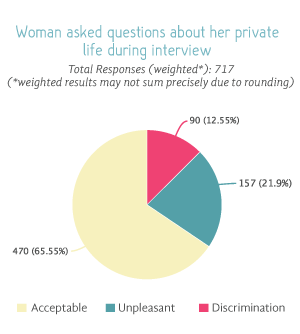News: 'Article 42 of the Constitution is positively assessing proposed amendments in the Law of Georgia on the Elimination of All Forms of Discrimination' All News
-
Date Published:
2015-11-04
Article 42 of the Constitution is responding to the planned law amending process in the “Georgian Organic Law on Ombudsman” and “Law of Georgia on the Elimination of All Forms of Discrimination”. The organization is positively assessing proposed amendments and notes that mentioned changes are in accordance with the position of Article 42 of the Constitution. One of the proposed amendments in labor code of Georgia suggested to the Parliament of Georgia by the organization in 2015 spring was analyzed allocation of burden of proof and was offered variations of possible solutions of transferring the responsibility to the employers in the cases of reasonable doubt of discrimination.
According to the planned changes, public defender’s functions are strengthened during the discussion process of alleged discrimination case. Current version of the legislative act entitles limited right of the public defender to act effectively to eliminate discrimination in private entities. If proposed amendment with pass, private as well as public entities will be obligated to submit full information about the alleged discrimination case to the public defender’s office upon request. Moreover, if the request to the information will be denied, public defender can automatically discuss the fact of alleged discrimination and solve the case in favor of the applicant if described circumstances raise reasonable doubt about the fact of discrimination and if facts described in the notification/application is in the framework of the law. This means that burden of non-discrimination is transferred to the alleged perpetrator.
According to the case law of The European Court Of Human Rights subject of burden of proof can be defined during listing process of the facts of human rights violations. As soon as the applicant states the circumstances which proves the fact of the discrimination, burden of proof is on the suspected perpetrator. Transition of the burden of proof is particularly important in the cases of indirect discrimination complains, when it is necessary to prove that a particular procedure or practice disproportionately affecting to some particular groups of people.
Since the discriminatory action is difficult to prove, its character makes the victim in an unequal situation with violator. In order to protect principle of fairness it is important to reflect international approach about the subject and take state of the alleged victims into consideration while defining burden of proof, who may not have access to all of the information or material to substantiate his alleged discriminatory treatment.
Furthermore, according the amendments the Public Defender will have an additional mechanism to control the fulfillment of his recommendations issued to eliminate allegation of discrimination, which is the most important mechanism after allegation of the fact of the discrimination. According to the amendments, all public institutions, as well as physical and legal person, shall review the recommendation of the Public Defender's within 20 days after receiving it and send written notification as the result of the review back to the Public Defender’s office. Article 42 of the Constitution remarks, that the mentioned mechanism serves better revising practice for the recommendations issued by the Public Defender but, however, does not provide the proportionate response mechanism and promotes impunity of discrimination cases, herewith prevents identification and hindrance of prevention of the discrimination cases. We believe that if the recommendations will have mandatory nature it will be substantially adequate step to prevent and respond such facts. At the same time, we consider it important that the legislation should provide certain enshrined compensation of the discriminatory acts.
Article 42 of the Constitution is positively assessing the initiative of the legislators to improve the anti-discrimination legislation and hopes that the proposed amendments will not be limited only to the draft laws. We hope that lawmakers will still hold working toward the strengthening of the instruments against discrimination.
